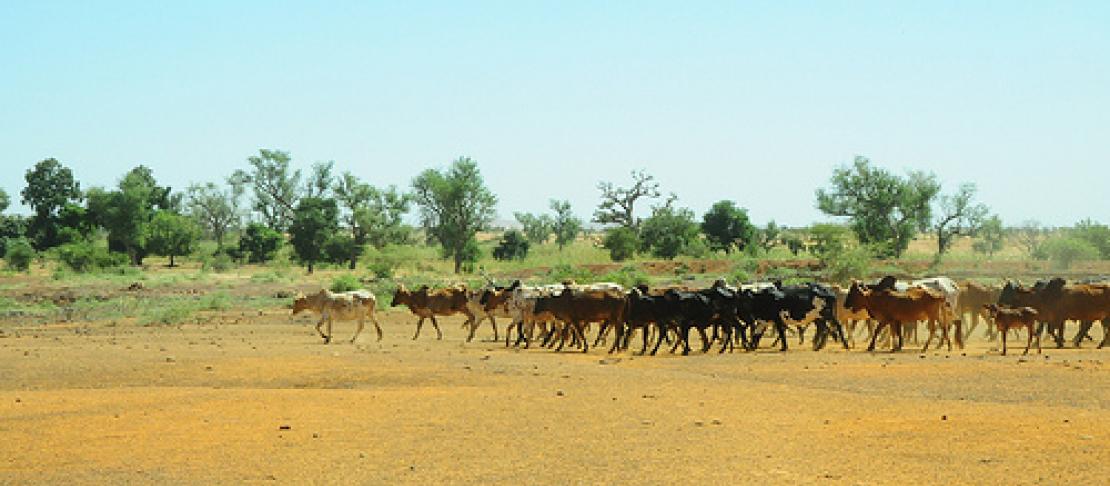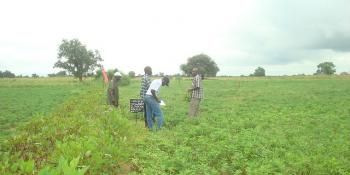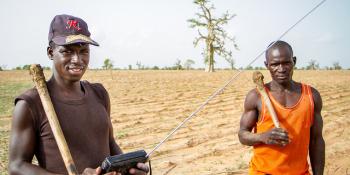Kenyan herders paid for lost cattle in new innovative insurance programme

Herders in Northern Kenya who have lost their cattle due to the intensive drought are getting their first payments as part of an innovative insurance program known as Index Based Livestock Insurance or IBLI. This was reported by the International Livestock Research Institute who developed this insurance programme together with Cornell University and the Index Insurance Innovation Initiative program at the University of California at Davis.
How index-based insurance works
Around 650 herders in the Marsabit District will get compensation, many of whom have lost up to a third of their livestock. The calculations for the payments are based on satellite images that show that grazing lands in the region have deteriorated to the point that herders are expected to be losing at least or more than 15 percent of their herd. According to the insurance policies, herders are compensated for any losses above 15 percent, with this threshold sum acting as a deductible. For example, a cattle herder who lives in an area with a livestock mortality rate of 33 percent receives a payout covering 18 percent of his or her animals. With cattle valued at about 15,000 Kenyan shillings (Ksh) per head (about US$150), an insurance policy covering 10 animals, or 150,000 Ksh in cattle, would pay out at about 27,000 Ksh (about US$270). When the 15 percent deductible is factored in, compensation ranges from three percent in areas where the drought has been more moderate to 18 percent in the areas where herders were hit particularly hard. But in an indication of the severity of the drought, all of the areas where the policies were sold have exceeded the 15 percent mortality threshold that triggers a payout. The policies cover about 1,100 animals – mostly cattle, but some goats and sheep and a few camels, as well.
Losing livestock often means losing everything
Livestock is more than just a source of income; it is also a source of food. For many herders lost cattle means lost livelihoods. Now, insured cattle farmers in Kenya can replace the animals they have lost thanks to the payouts, making them better equipped for meeting an uncertain future climate which might entail devastating droughts like the one plaguing many of East Africa's countries.
While insurance schemes such as IBLI are an important tool for farmers to manage climate-induced risk, they are not enough to completely ensure food security in the future. ILRI states that insurance needs to be accompanied by other risk-reducing factors such as increased access to grazing lands and watering areas. This increased the chances of meeting future food needs. More on the pastoralist approach can be read here on CCAFS blog 'Pastoralism key in managing drought'.
Read the whole story from ILRI: Herders in drought-stricken northern Kenya get first livestock insurance payments
Read more about CCAFS research on adaptation through managing climate risks.
This story was written by Cecilia Schubert, Communications Assistant


